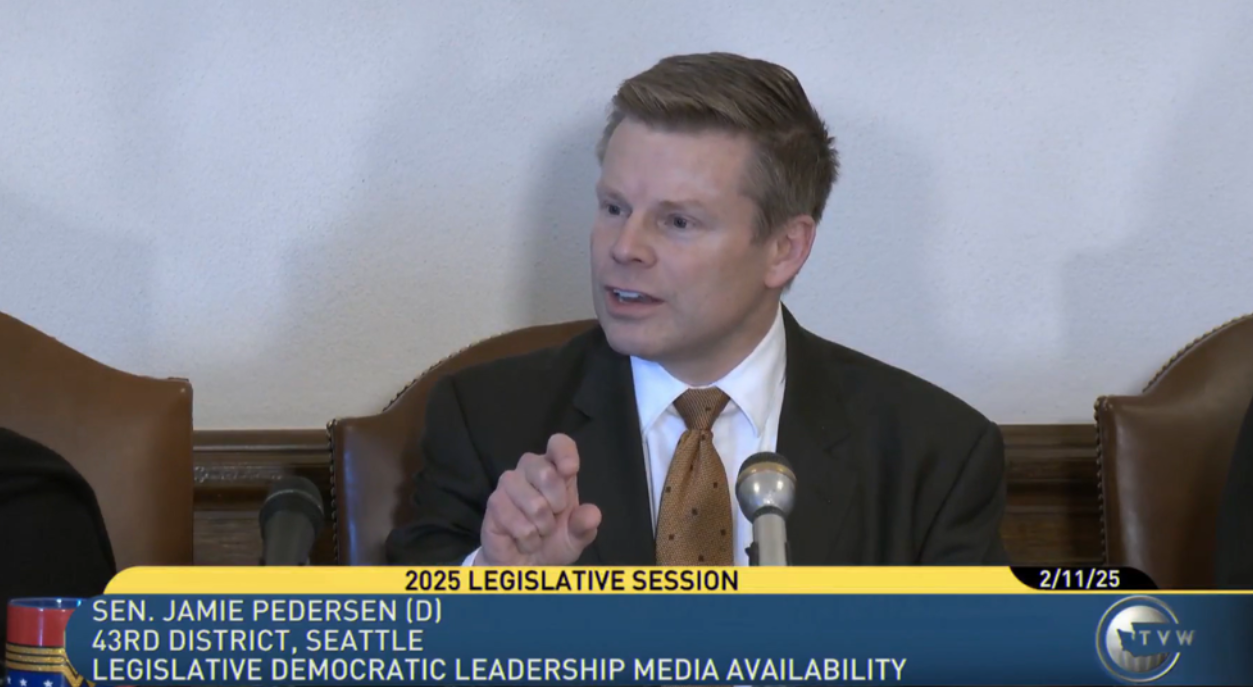Related Articles
-

Governments should protect workers, end cozy relationship with political allies
-

Senate Majority Leader Jamie Pedersen thinks Washington is a great place to do business and then quotes a report that ranks Washington 42 out of 50.
-

Will Washington state’s higher capital gains tax drive businesses away?
Relevant Topics
While labor unions, Mayor Ed Murray and the Seattle City Council insist new laws are needed to “protect” restaurant and retail workers from how their employers schedule them, the workers themselves tell a different story.
A survey of more than 700 restaurant workers by the Seattle Restaurant Alliance reveals most workers in the restaurant industry are happy with their working conditions and don’t think new laws restricting scheduling are needed.
What is more, the vast majority of workers surveyed (three out of four) say employers and their employees know best what workplace changes are needed and how to implement them, not government.
According to the survey:
- 89% say they can talk to their manager and give input about their work environment, number of hours and scheduling needs
- 76% percent work the number of hours they want
- 86% percent of Seattle restaurant workers are proud to work in the industry
The survey results reinforce what many restaurant workers have already been saying. Over 1,000 of Seattle’s restaurant workers have organized to fight the proposed regulations. The Full Service Workers Alliance of Seattle says the regulations being considered by city officials would not only prohibit the flexible schedules they value (picking up shifts and dropping them as needed), but could result in fewer work opportunities and fewer benefits (such as free or discounted meals) that are offered as perks by many establishments. They also say the rules would “create an environment of stress between employers and employees.”
Workers in San Francisco, where restrictive scheduling laws took effect last year, warn of such unintended consequences. Many complain they now lose out on opportunities to work extra hours because the “predictability pay” penalties discourage employers from offering extra shifts on short notice, even when those workers would be happy for the chance to pick up such last-minute hours.
Rather than blindly following in the footsteps of San Francisco in passing a rigid, one-size-fits-all regulation that harms the workers it is supposed to protect, Seattle leaders should take the time to listen to the hudreds of workers who are opposed to proposed restrictive scheduling laws. They might be surprised to learn that the special interests being pushed by organized labor are not actually in the best interests of the workers they say they represent.

